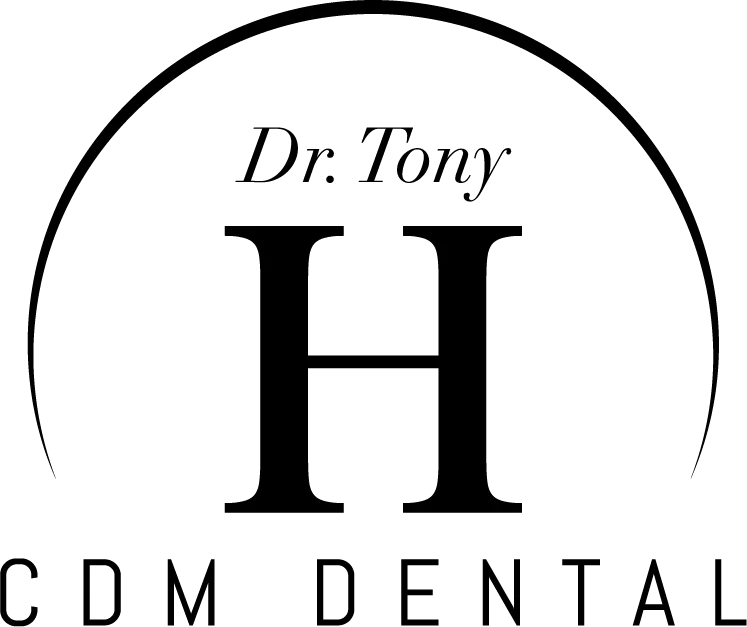
Periodontics is a vital branch of dentistry focused on the health and maintenance of your gums and the soft tissues that support your teeth. Healthy gums are the foundation of a healthy smile, and caring for them is essential to maintaining your overall oral health. Gum disease, if left untreated, can lead to inflammation, infection, and even tooth loss—making preventive gum care crucial for patients of all ages.
At our practice, Dr. Tony Hashemian and his dedicated team take a proactive approach to periodontal health. We carefully monitor your gums during every visit and provide personalized education on the best ways to maintain healthy gums at home. Whether you need preventive care, treatment for early-stage gingivitis, or advanced periodontal therapy, our goal is to protect your teeth, enhance your comfort, and support a lifetime of healthy smiles.
Request an AppointmentFrequently Asked Questions About Periodontal Care
What is periodontal disease?
Periodontal disease, or gum disease, is an infection of the gums caused by plaque buildup. If untreated, it can damage the bone that supports your teeth and lead to tooth loss.
What are the signs of gum disease?
Common symptoms include red, swollen, or bleeding gums, persistent bad breath, gum recession, and loose teeth. Early detection is key to preventing progression.
How is gum disease treated?
Treatment depends on the severity. Early stages may be reversed with professional cleanings and improved home care, while advanced cases may require scaling, root planing, or laser gum therapy.
Can gum disease be prevented?
Yes. Brushing twice daily, flossing, eating a balanced diet, and visiting your dentist regularly are the best ways to prevent gum disease and maintain healthy gums.
Why is gum health important for overall health?
Poor gum health has been linked to systemic conditions like heart disease, diabetes, and stroke. Healthy gums support your immune system and overall well-being.
What should I do if my gums bleed when brushing?
Bleeding gums are an early warning sign of gum disease. Schedule an exam as soon as possible to identify the cause and prevent progression.
How often should I have a periodontal exam?
Most patients benefit from a periodontal exam every six months, but those with gum disease or higher risk factors may need more frequent visits.
